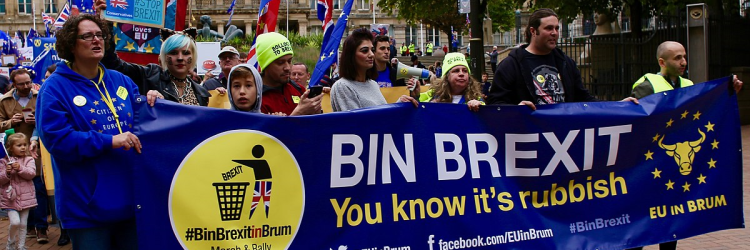Phil Burton Cartledge analyses the political platforms and accountabilities of the Tory wanabee leaders and their fetish with reducing tax by which they mean corporation tax. The FT reports on business’s response to the proposal, which is lukewarm. They point out that only businesses that make a profit pay corporation tax and that for a business of any complexity[1] and with decent accountants, corporation tax is voluntary. The FT article calls for broader support including demand stimulation albeit through tax cuts, but importantly they raise the issue of VAT on energy (but they pay that too) and also investment incentives. VAT at 20% is ridiculous and the Govt. should reduce it; it can now we are out of the EU.
Phil talks about the conflicts in Johnson’s electoral coalition and the victory of the rentier capitalists in gutting any meaningful levelling up programmes, which have been reduced to crude electoral bribes. This is a long-term trend. We used to call it Regional Policy and I looked at New Labour’s failure to put this right; they were driven by unproven meso-economic theories and then polluted the programme with concerns about welfare to work and regional assemblies.
I should add that another cause of the failure of a levelling up programme is the loss of EU funds. While business is arguing for re-joining the R&D fund, Horizon Europe[2], some local authorities are now lamenting the losses of the European Regional Development Fund & European Social Fund. This was worth about €4bn[3] p.a. to the UK. The UK Government has never it seems been particularly good at getting EU money for business and people and yet the UK has many of the poorest areas Northern Europe.
It’s another necessary dimension of the ‘closest possible’ relationship. The regional programmes were first launched on the UK’s accession to the EU as a means of reducing the UK’s net contribution to the EU. It seems we’re missing them now.
[1] This does exclude most patron personal services companies so perhaps the policy is designed for them.
[2] Horizon Europe has rules that create an enhanced ‘multiplier’ effect.
[3] This includes UK Gov matching funds.
Image Credit: Ilovetheeu, CC BY-SA 4.0 https://creativecommons.org/licenses/by-sa/4.0, via Wikimedia Commons …
